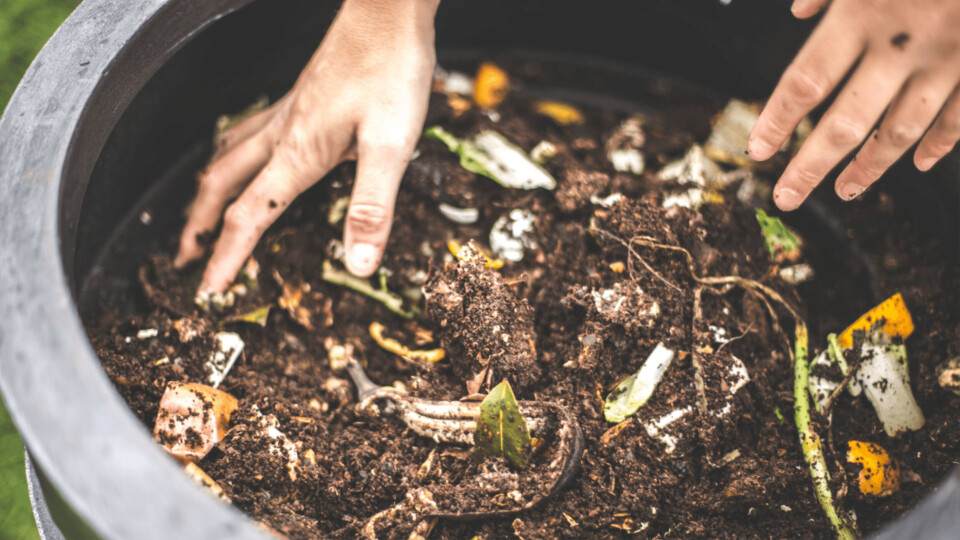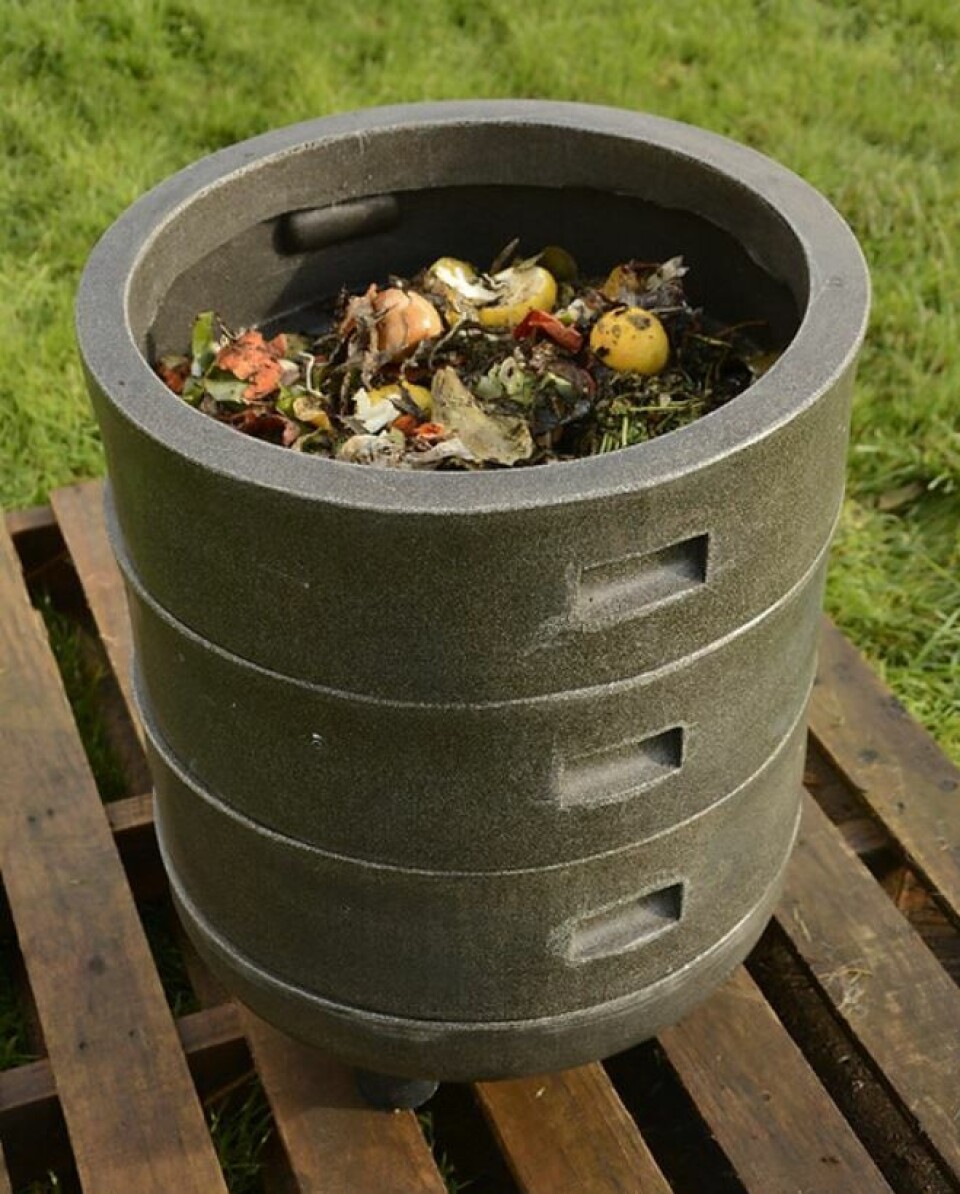
Well done, old buoy! Repurposed fish farm equipment wins award
An initiative that uses redundant salmon farm buoys to make compost bins has won a sustainability award in Chile.
The “Boya Compostar” is made by FUE, a social enterprise that upcycles industrial plastic waste into products of high environmental and social value and lists fish farmers Salmones Camanchaca and Blumar among its partners.
More than 100 projects applied for the ninth edition of Chile’s HUB Sustainability Awards, with the composter taking first place in the shared value category.

Worms
The Boya Compostar is a vermicomposter, in which worms are used to help break down organic matter.
Half of household waste – the equivalent of 89 bags of rubbish per year - is made up of items such as fruit remains and vegetable peelings which can be composted.
2.16 tonnes of waste
FUE, based in Terao, Chiloé, began the project in 2020 with the delivery of 15 recycled buoy vermicomposters to local families. Another 15 families have since received a Boya Compostar, and to date the 30 families have transformed 2.16 tonnes of organic waste into 600 kg of humus.
The project has also enabled 360 kilos of plastic from buoys to be recycled. The buoys are converted into plastic pellets by another company, Greenspot, and these are then moulded into composters by FUE.
FUE manager María Elena Ramdohr said: “This award confirms that we are on the right path. In 2022 we seek to amplify our impact, working with more communities and new industries.”
Feed bags
She added that the company also has a programme to recycle bulk feed bags used in fish farming into bags, ponchos and backpacks, using small community companies.
“In that sense, we promote two lines of work,” said Ramdohr. “In the first instance, the generation of awareness and that members of the community see for themselves that a material that they thought was garbage can be turned into a beautiful, well-finished and marketable product. And, secondly, the training we carry out in the communities. We work with one from Pargua, to which we give an industrial sewing machine and with this, they can start a micro-enterprise.
“These are community projects, and in the case of the vermicomposter, the community is the final beneficiary of the product.”






















































